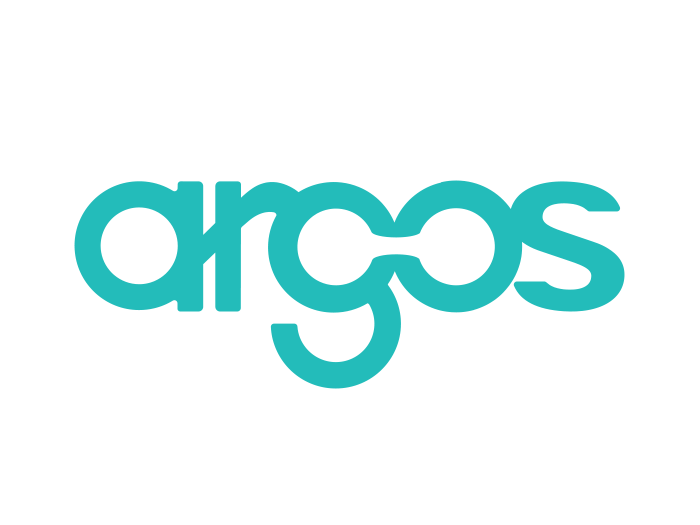Data Management Plan (DMP) is a specific document that summarizes the individual activities of research data management during the project and after its completion. DMP you describe in detail how you will handle the research data during your project, from storage, to description, to formats, to subsequent storage and publication of the data in a data repository, to the ethical aspects of the research. The Methodological Guide to Open Science for Project Applicants inspires how to develop a Data Management Plan for your research.
Why create a data management plan?
Data management plans ensure that research data during the project is created, managed, documented, shared and stored in a way that allows for easy verification of results and reuse. DMPs your form the basis of good practice for research data and are a condition of funders. Thanks to DMP, you can also have a better overview of your data, making it easier for you and your colleagues. To optimally meet this requirement in projects and to ensure a smoother progress of your research, the DMP should be created early, well in advance. As it is a living document (it should be edited and updated regularly during the project), you can make various adjustments and changes during the project.
| What should be included in your DMP | |
|---|---|
| 1. | Administrative data Describe basic information about your research project title, funder, project partners, research abstract |
| 2. | Data collection and secondary data use Describe specifically what data will be generated and how, please describe if you are using existing data (including links) data collection methods, data formats, volumes of primary and secondary data, software used, references to secondary data |
| 3. | Documentation and data organization describe how the data will be documented for future reuse and describe what folder organization and file naming rules will be implemented data documentation, ReadMe files, data quality control, data organization, persistent identifiers (DOIs) |
| 4. | Data storage and back-ups Describe where the data will be stored, who provides the storage, how the storage is secured and how it is backed up who is responsible for data backup and recovery, data security and storage access, backup of selected storage, data sharing |
| 5. | Post-project data publication describe in which data repository you intend to share the research data after the project is completed, what licenses the data will have persistent identifier (DOI/Handle), metadata, licenses, time embargo on data publication, metadata standards |
| 6. | Ethical and legal barriers to research describe whether there are ethical or legal barriers that prevent you from sharing research data openly - e.g., trade secrets, sensitive data consent to store and share data, ethics committee approval, sensitive data, anonymisation/pseudonymisation of data, data licensing |
| 7. | Cost of Open Science and Data Management Indicate whether you have reserved costs for open publishing, a Data Steward position or any data repositories in the project APC fees, data steward in the project, in-kind project costs |
Module 3: Data Management Plans. 2019. In: DTU Bibliotek [online] [14.3.2023]. https://www.youtube.com/watch?v=tvs5_X5rn8w&t=1s. CC BY.
DMP templates
There are several templates to make creating a data management plan easier. The DMP templates are based on the specific requirements outlined in the funding bodies' documents. Usually, the project terms and conditions directly state which template is required or recommended. Depending on your project specifications, you may use:
| DMP Template | Institution | Download | Language |
|---|---|---|---|
| Horizon Europe | European Commission (Horizon) | .docx | English |
| NTK - Horizon | National Library of Technology (NTK) | .docx | Czech + English |
| TA ČR | Technology Agency of the Czech Republic | .xlsx | Czech |
| GA ČR | Czech Science Foundation (based on NTK) | .docx | English + Czech - Fill in English |
Online tools for creating DMPs
You can also write your DMP for any research project in online tools designed to help researchers on the journey of creating DMPs that meet institutional and funder-specific requirements.
Data Stewardship Wizard
An online tool for creating a Data Management Plan that is free and in English.. The tool includes guiding questions to help intuitively complete the DMP. You can choose from different templates, we recommend the MENDELU template, which is based on the Horizon Europe template. The tool allows you to compare how FAIR your data is.
Access for researchers: dsw.mendelu.cz, you log in using the MENDELU DSW button.

DMP online
You can log in under the MENDELU institution, you can search for already created plans on the page Public DMPs . The basic one is DCC (Digital Curation Centre Template), there is also a template for Horizon, after filling in the Funder: H2020.

Argos OpenAIRE
Online tool from the OpenAIRE platform for creating a Data Management Plan.
The tool includes the so-called Dataset Editor, which focuses on the extent to which a given dataset is FAIR according to FAIR principles.
Get inspired by public DMPs at the link below Public Plans.

References
- DCC. 2013. Checklist for a Data Management Plan. v.4.0. Edinburgh: Digital Curation Centre [online] [cit. 2021-06-30]. http://www.dcc.ac.uk/resources/data-management-plans
- OpenAIRE. 2021. A Research Data Management Handbook. [cit. 2021-06-30]. https://www.openaire.eu/rdm-handbook
- Science Europe. 2021. Practical guide to the international alignment of research data management. [cit. 2021-06-30]. https://scienceeurope.org/media/4brkxxe5/se_rdm_practical_guide_extended_final.pdf
- The University of Edinburgh. 2021. MANTRA. [cit. 2021-06-30]. https://mantra.edina.ac.uk/
- University of Leeds. 2021. Data management planning. Library [cit. 2021-06-30]. https://library.leeds.ac.uk/info/14062/research_data_management/62/data_management_planning
- Univerzita Karlova. 2021. Online kurzy. Centrum pro podporu open science [cit. 2021-06-30]. https://openscience.cuni.cz/OSCI-112.html
- Univerzita Karlova. 2021. Plán managementu dat. Centrum pro podporu open science [cit. 2021-06-30]. https://openscience.cuni.cz/OSCI-63.html
